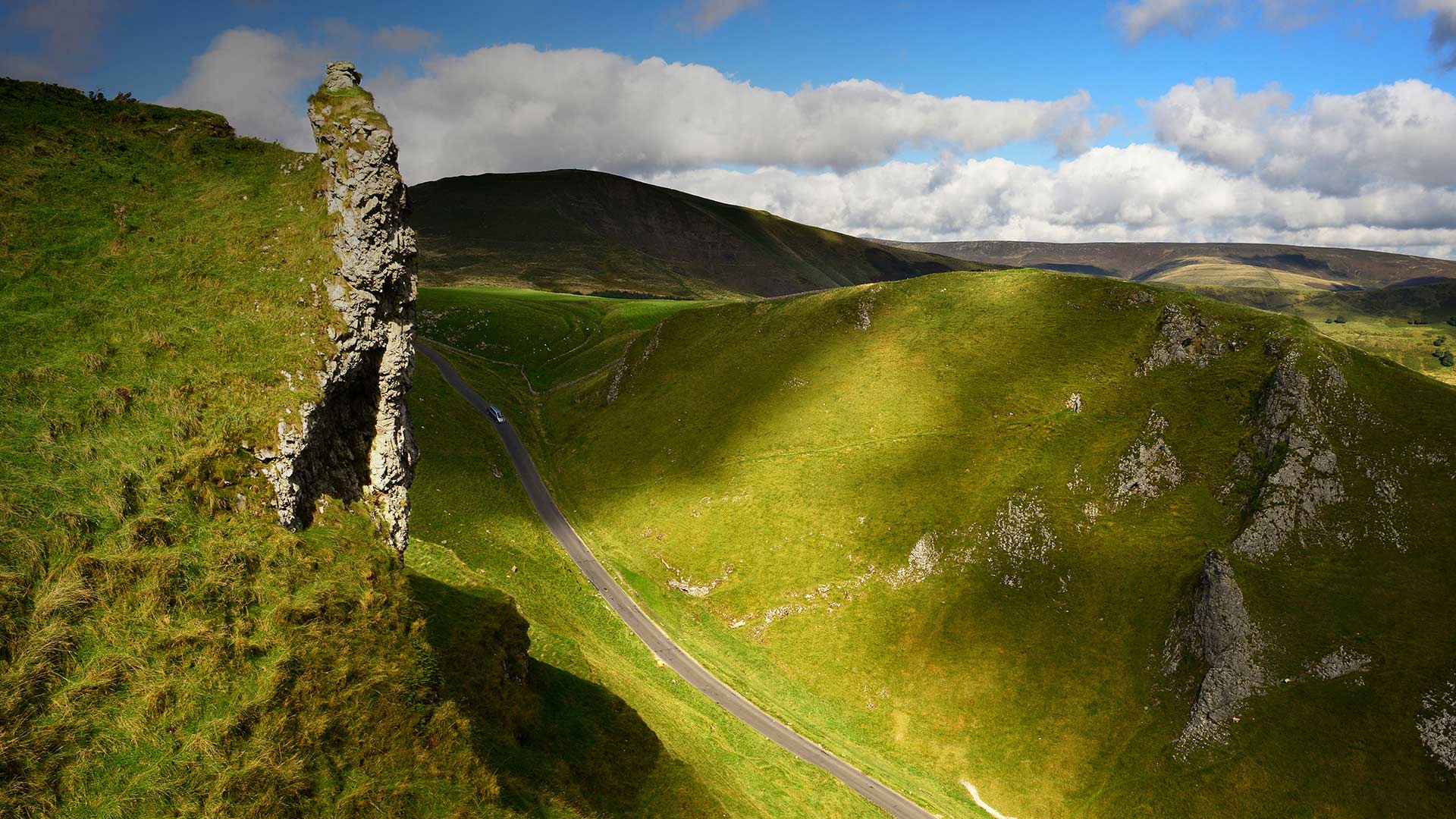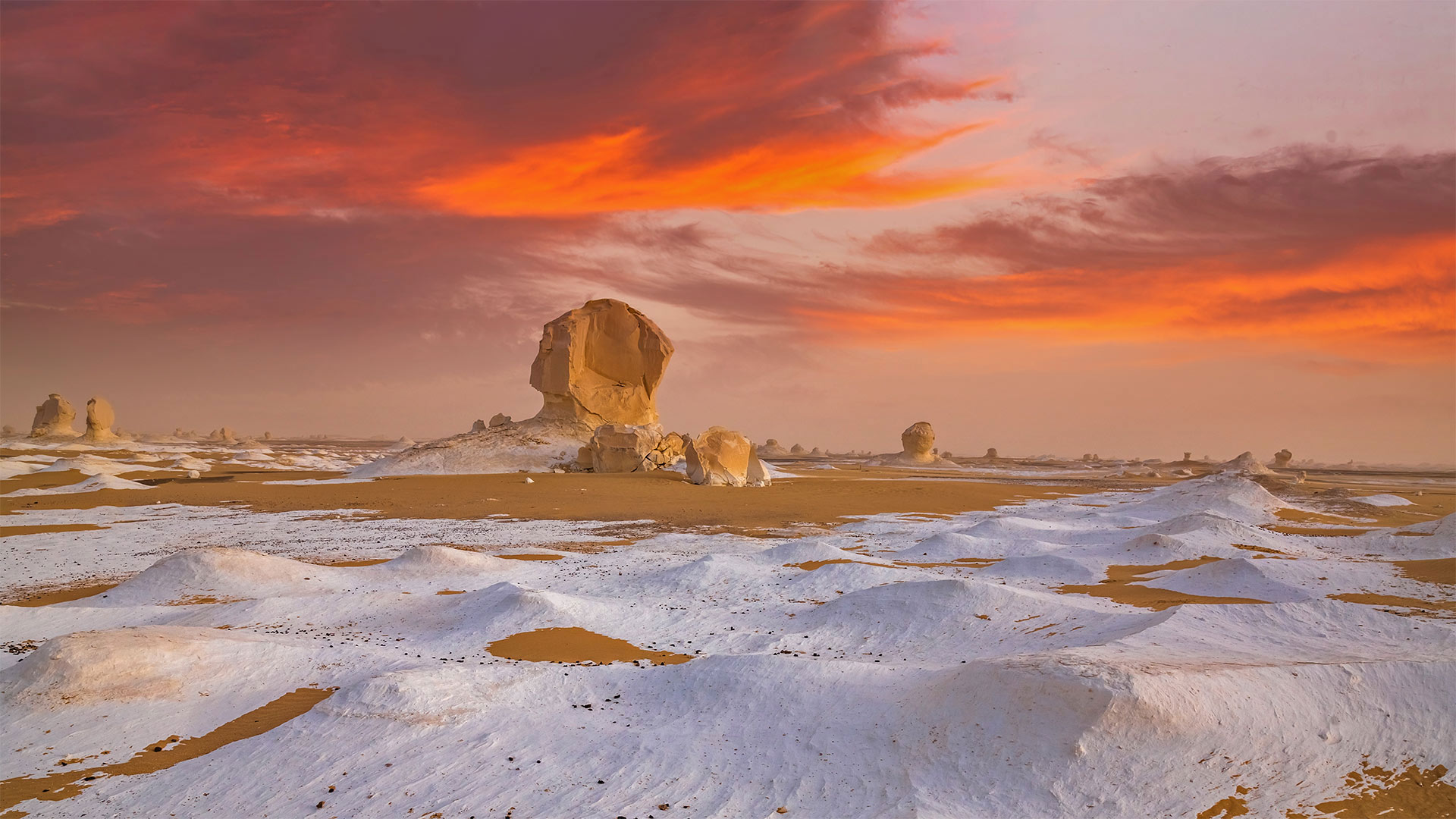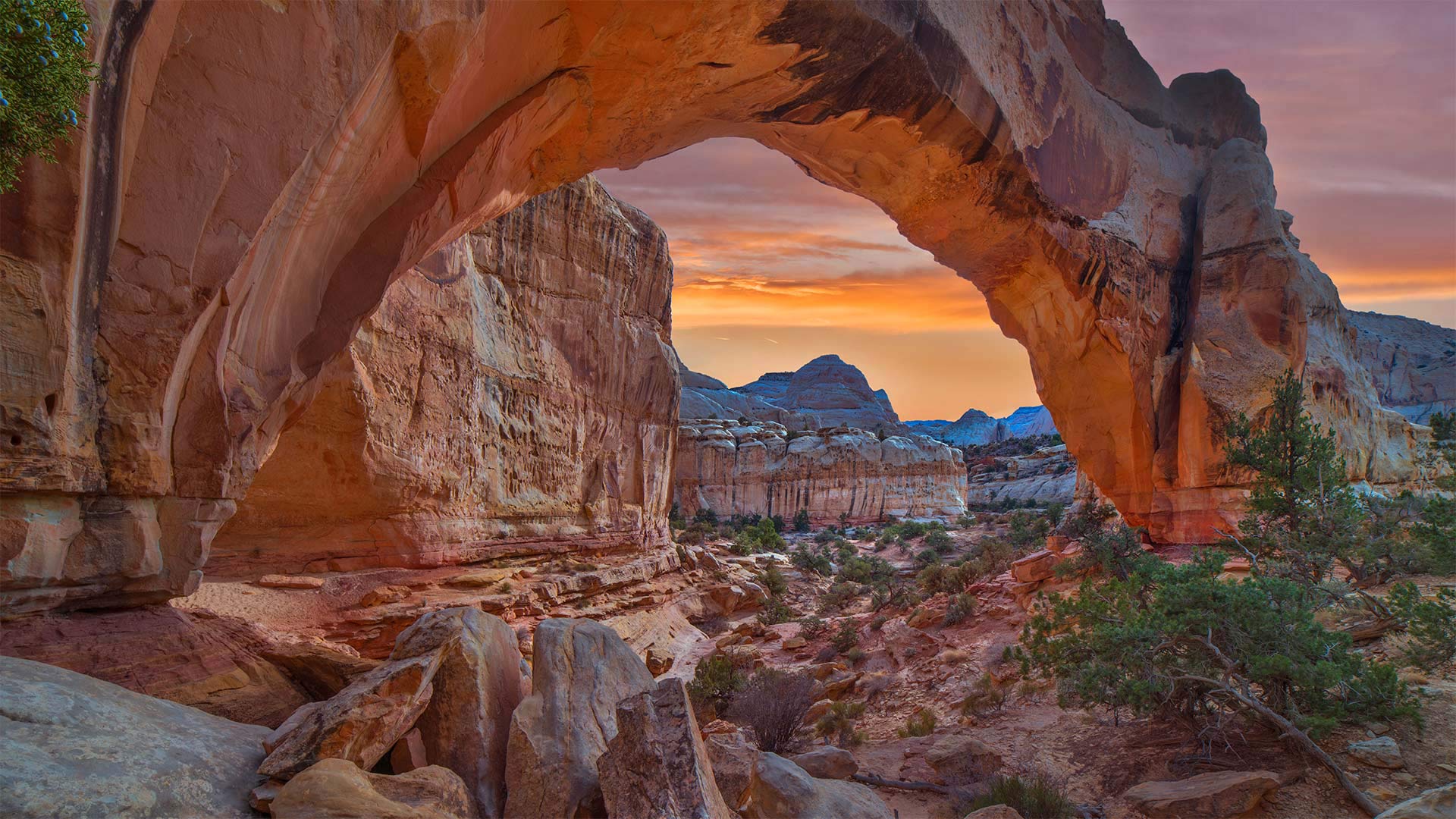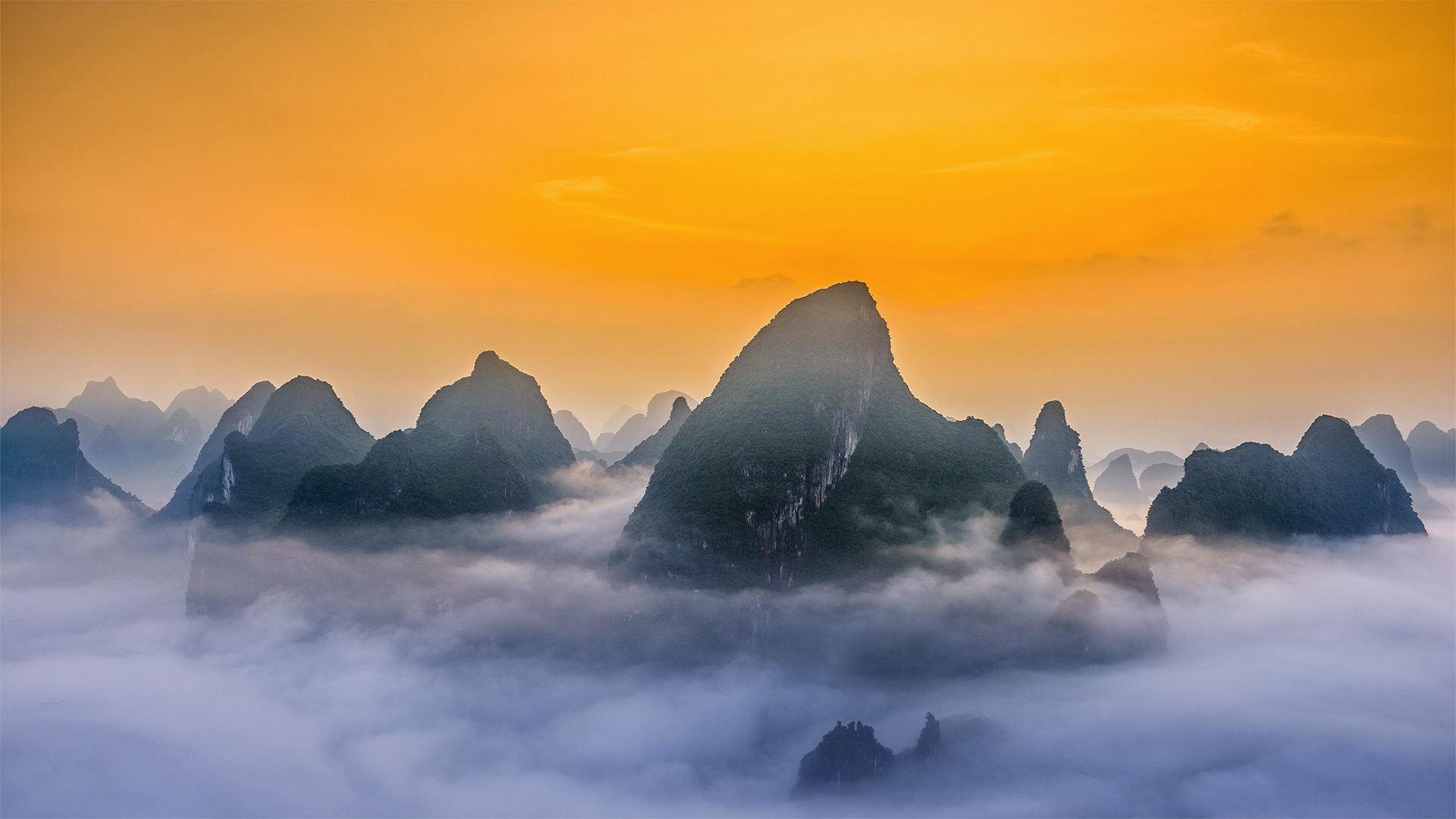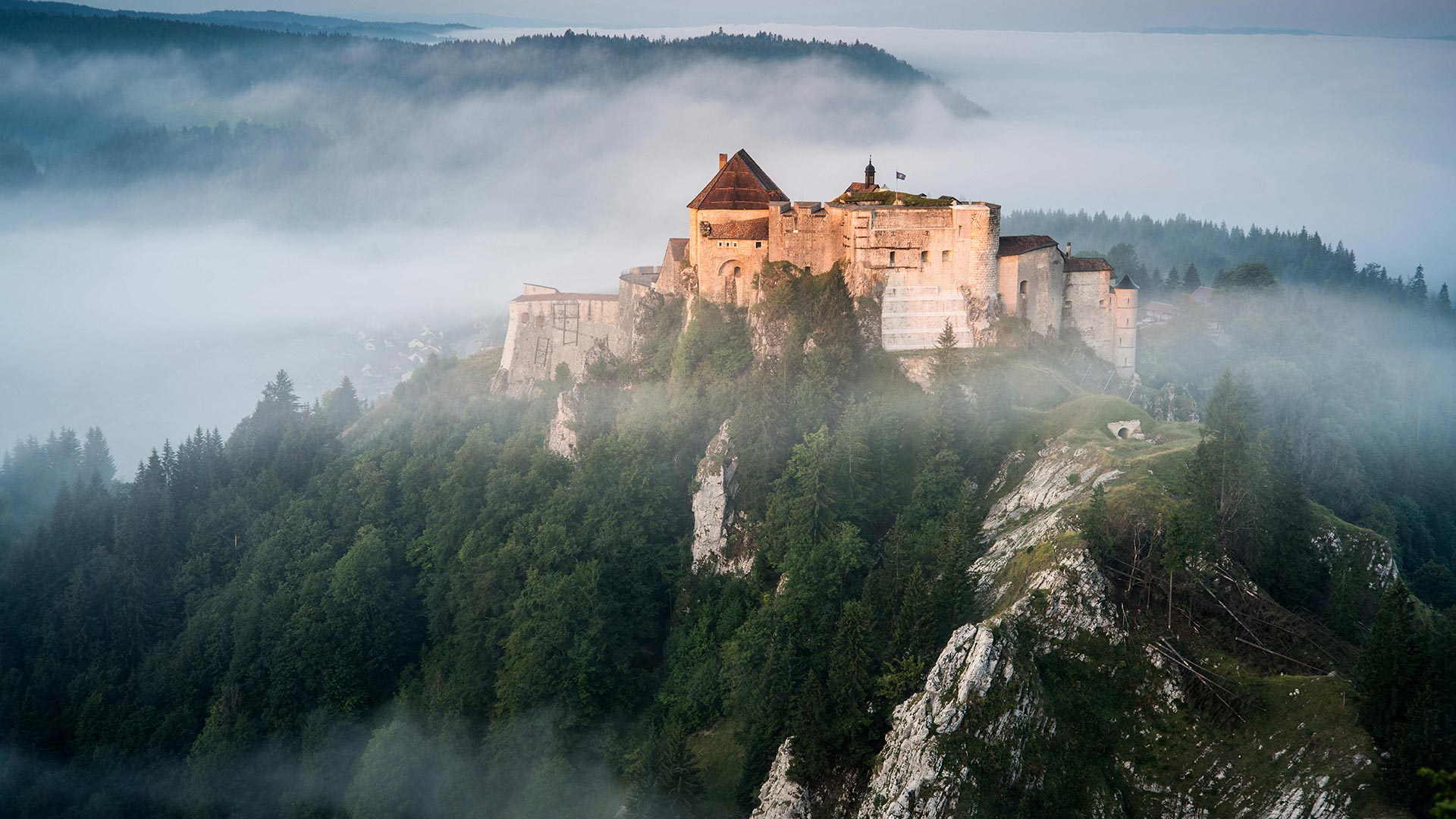Climate change is a global issue that is having a significant impact on our natural world. From rising temperatures to extreme weather events, the effects of climate change are being felt in every corner of the planet. In this article, we will explore how climate change is affecting our natural world and what we can do to help mitigate its effects.
One of the most obvious ways that climate change is affecting our natural world is through rising temperatures. The Earth’s average temperature has been steadily increasing over the past century, with 17 of the 18 warmest years on record occurring since 2001. This rise in temperature is causing changes in weather patterns, melting ice caps and glaciers, and increasing the frequency and severity of extreme weather events such as hurricanes, droughts, and wildfires.
One of the most visible effects of climate change is the melting of ice caps and glaciers. As temperatures rise, these ice formations are melting at an alarming rate, leading to rising sea levels and the loss of critical habitats for polar bears, penguins, and other arctic animals. In addition, the melting of ice caps and glaciers is also contributing to the release of greenhouse gases such as carbon dioxide and methane, further exacerbating the problem of climate change.
In addition to melting ice caps and glaciers, climate change is also having a significant impact on our oceans. The increased levels of carbon dioxide in the atmosphere are being absorbed by the oceans, leading to ocean acidification. This is causing coral reefs to bleach and die, as well as disrupting the delicate balance of marine ecosystems. Rising sea levels are also threatening coastal communities and habitats, putting many species at risk of extinction.
Another way that climate change is affecting our natural world is through changes in ecosystems and biodiversity. As temperatures rise, plants and animals are being forced to migrate to new areas in search of suitable habitats. This is causing disruptions in food chains and ecosystems, leading to declines in biodiversity and the loss of species. In addition, climate change is also causing shifts in natural cycles such as migration patterns and breeding seasons, further impacting the delicate balance of our natural world.
So, what can we do to help mitigate the effects of climate change on our natural world? One of the most important things we can do is to reduce our carbon footprint by making sustainable choices in our daily lives. This can include things like reducing our energy consumption, using public transportation, and supporting renewable energy sources. We can also support policies and initiatives that aim to reduce carbon emissions and protect our environment.
In addition to reducing our carbon footprint, we can also help protect our natural world by supporting conservation efforts and sustainable practices. This can include things like protecting critical habitats, planting trees, and supporting organizations that work to conserve biodiversity. By taking these actions, we can help to preserve the beauty and diversity of our natural world for future generations to enjoy.
In conclusion, climate change is having a significant impact on our natural world, from rising temperatures to melting ice caps and changing ecosystems. By taking action to reduce our carbon footprint and support conservation efforts, we can help to mitigate the effects of climate change and protect the beauty and diversity of our natural world for generations to come.
FAQs:
Q: How is climate change affecting wildlife?
A: Climate change is causing disruptions in ecosystems and biodiversity, leading to declines in wildlife populations and the loss of critical habitats for many species.
Q: What can individuals do to help mitigate the effects of climate change?
A: Individuals can reduce their carbon footprint by making sustainable choices in their daily lives, supporting renewable energy sources, and advocating for policies that aim to reduce carbon emissions.
Q: Why is it important to protect our natural world from the effects of climate change?
A: Our natural world provides essential services such as clean air, water, and food, and is home to a diverse array of plant and animal species. Protecting our natural world is essential for the health and well-being of all living things.
